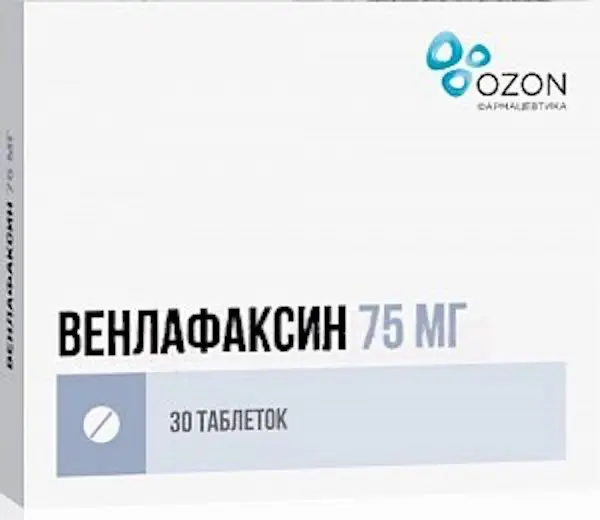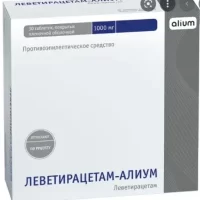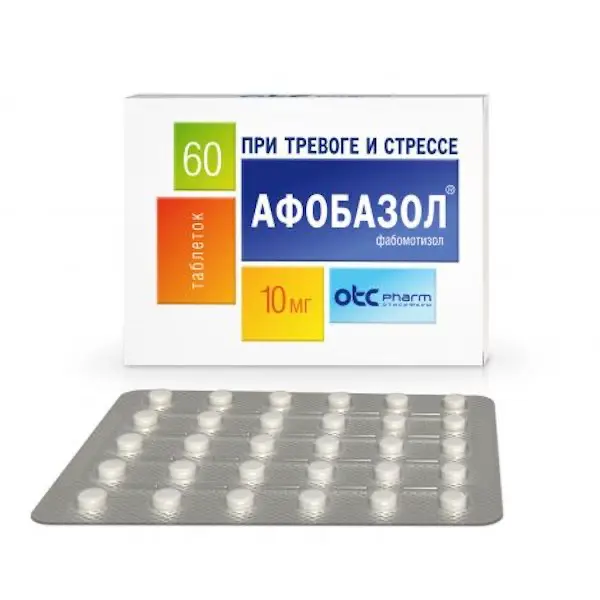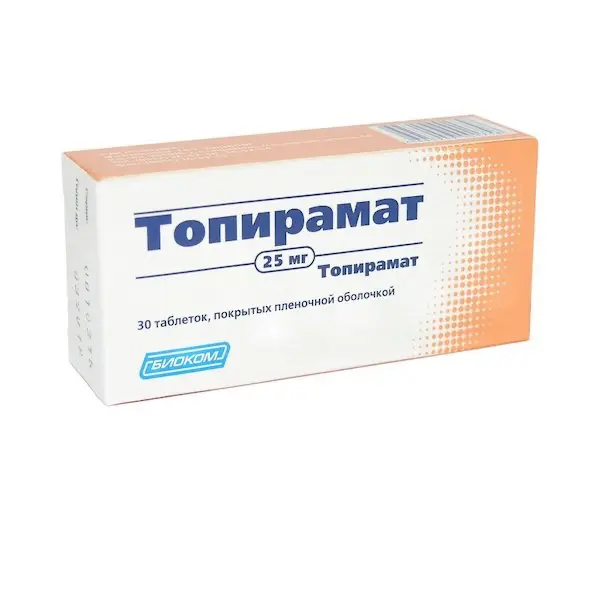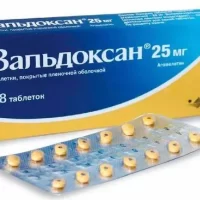Description
Venlafaxine Pharmacodynamics
Venlafaxine is an antidepressant chemically unrelated to any class of antidepressants (tricyclic, tetracyclic, or other) and is a racemate of two active enantiomers. Venlafaxine and its active metabolite, O-desmethylvenlafaxine (ODV), are potent serotonin and noradrenaline reuptake inhibitors (SSRIs and SSRIs) and weak dopamine reuptake inhibitors. The mechanism of antidepressant action is related to venlafaxine’s ability to enhance neurotransmitter activity during nerve impulse transmission in the central nervous system (CNS). Venlafaxine and EFAs are equally effective in inhibiting reuptake of the above neurotransmitters, while they have no affinity (studied in vitro) for cholinergic (muscarinic), histamine (H1), alpha1-adrenergic, opioid and benzodiazepine receptors and do not inhibit monoamine oxidase (MAO) activity. Venlafaxine is inferior to selective serotonin reuptake inhibitors (SSRIs) in serotonin reuptake inhibition.
Indications
Depression (prevention and treatment).
Contraindications
– Hypersensitivity to venlafaxine or to any of the excipients included in the preparation;
– concomitant use with MAO inhibitors (see section “Interaction with other medicinal products”);
– severe hepatic and/or renal impairment (glomerular filtration rate (GFR) less than 10 ml/min/1.73 m2 body surface area);
– under 18 years of age;
– administration during pregnancy and breast-feeding (see section “Administration during pregnancy and breast-feeding”).
Caution:
Use after recent myocardial infarction, unstable angina, arterial hypertension, arrhythmia (especially tachycardia), history of seizure syndrome, elevated intraocular pressure, closed-angle glaucoma, history of manic states, suicidal tendencies, predisposition to bleeding of the skin and mucous membranes, underweight, hyponatremia, dehydration, concomitant use with diuretics or medicinal products used for treatment of obesity (see also “Cautionary Instructions”). See also section “Special indications”).
How to use and dosages.
- By mouth.
- Venlafaxine is taken with food, preferably at the same time, without chewing and with liquids.
- The recommended starting dose is 75 mg in two doses daily (1 tablet of 37.5 mg twice daily).
- Depending on tolerability and efficacy, the dose may be gradually increased to 150 mg daily. If necessary, the dose is increased to 225 mg per day. Increasing the dose by 75 mg per day can be done at intervals of 2 weeks or more, in case of clinical necessity, due to the severity of symptoms, it is possible to increase the dose in shorter periods, but not less than 4 days. Higher doses (up to a maximum daily dose of 375 mg in 2-3 doses) require inpatient monitoring of patients. After achieving the desired therapeutic effect, the daily dose may be gradually reduced to the minimum effective level.
- Maintenance therapy and relapse prevention: maintenance treatment may be continued for up to 6 months or more. Minimal effective doses used in the treatment of a depressive episode are used.
- Renal dysfunction: in mild renal insufficiency (GFR over 30 ml/min/1.73 m2) dosage regimen adjustment is not required.
- In moderate renal failure (GFR 10-30 ml/min/1.73 m2) the dose should be reduced by 25-50%. Due to the prolonged elimination half-life of venlafaxine and its active metabolite (AML), such patients should take the entire dose once a day. It is not recommended to use venlafaxine in severe renal failure (GFR less than 10 ml/min/1.73 m2), since there are no reliable data on such therapy. In hemodialysis the daily dose should be reduced by 50%, the drug Venlafaxine should be taken after a session of hemodialysis.
- Hepatic impairment: In mild hepatic impairment (prothrombin time (PV) less than 14 sec) dosing regimen adjustment is not required. In moderate degree of hepatic insufficiency (PV of 14 to 18 sec), the daily dose should be reduced by 50% or more. It is not recommended to use Venlafaxine in severe hepatic impairment, since there are no reliable data on such therapy.
- Elderly patients: elderly patients in the absence of any acute and chronic diseases do not require dose changes, but (as with the prescription of other drugs) caution is required when treating elderly patients. Elderly patients should be treated with the lowest effective dose. If the dose is increased, the patient should be under close medical supervision.

